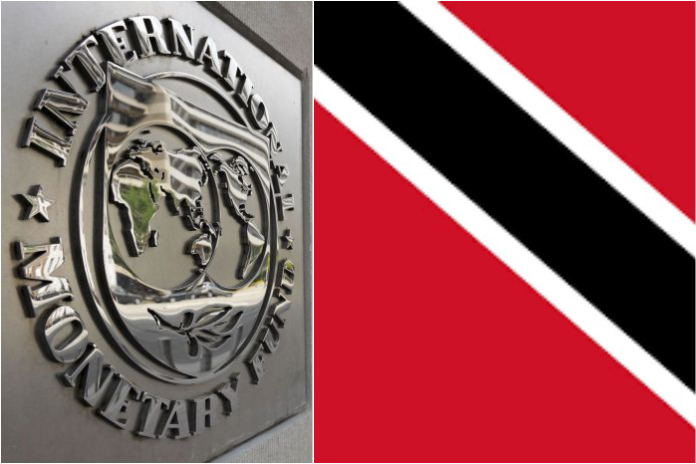PORT OF SPAIN, Trinidad – On the end of the lapse-of-time date, May 1, 2023, the Executive Board of the International Monetary Fund (IMF) concluded the 2023 Article IV consultation with Trinidad and Tobago and considered and endorsed the staff appraisal without a meeting.
Trinidad and Tobago’s economic activity is recovering supported by higher global energy prices and the rebound of the non-energy sector. Real GDP is estimated to have expanded by 2.5 percent in 2022. Inflation has increased, reaching 8.7 percent by end-2022, driven by imported energy and food prices, partial liberalization of domestic fuel prices in 2022, and domestic weather-related shocks. The financial sector appears well-capitalized, liquid, and profitable. Higher energy prices contributed to further improving the external position in 2022 and turning the fiscal position into a surplus in FY2022 – for the first time in over a decade. Public debt has declined.
The economic recovery is expected to gain broad-based momentum in 2023. Inflation is projected to slow to 4.5 percent by end-2023 and to continue declining with international prices. The current account surplus will narrow in line with the anticipated decline in global energy prices, reaching 6.6 percent of GDP in 2023. International reserve coverage is expected to remain adequate at around 7.2 months of prospective total imports and is complemented by large public external buffers in the Heritage and Stabilization Fund of about 18.4 percent of GDP. The overall fiscal balance is projected to turn into a deficit of 2.8 percent of GDP in FY2023, reflecting lower energy revenues due to declining energy prices and domestic production, and increased capital spending.
The balance of risks to the outlook is tilted to the downside. Downside risks stem from potential disruptions to domestic oil and gas production; a sharper-than-expected global slowdown affecting energy markets, and global financial instabilities. On the upside, there is the potential for higher-than-expected energy prices and production, including new or expanded projects, and new renewable energy projects.
The executive board assessment is available here.
IMF Communications Department





